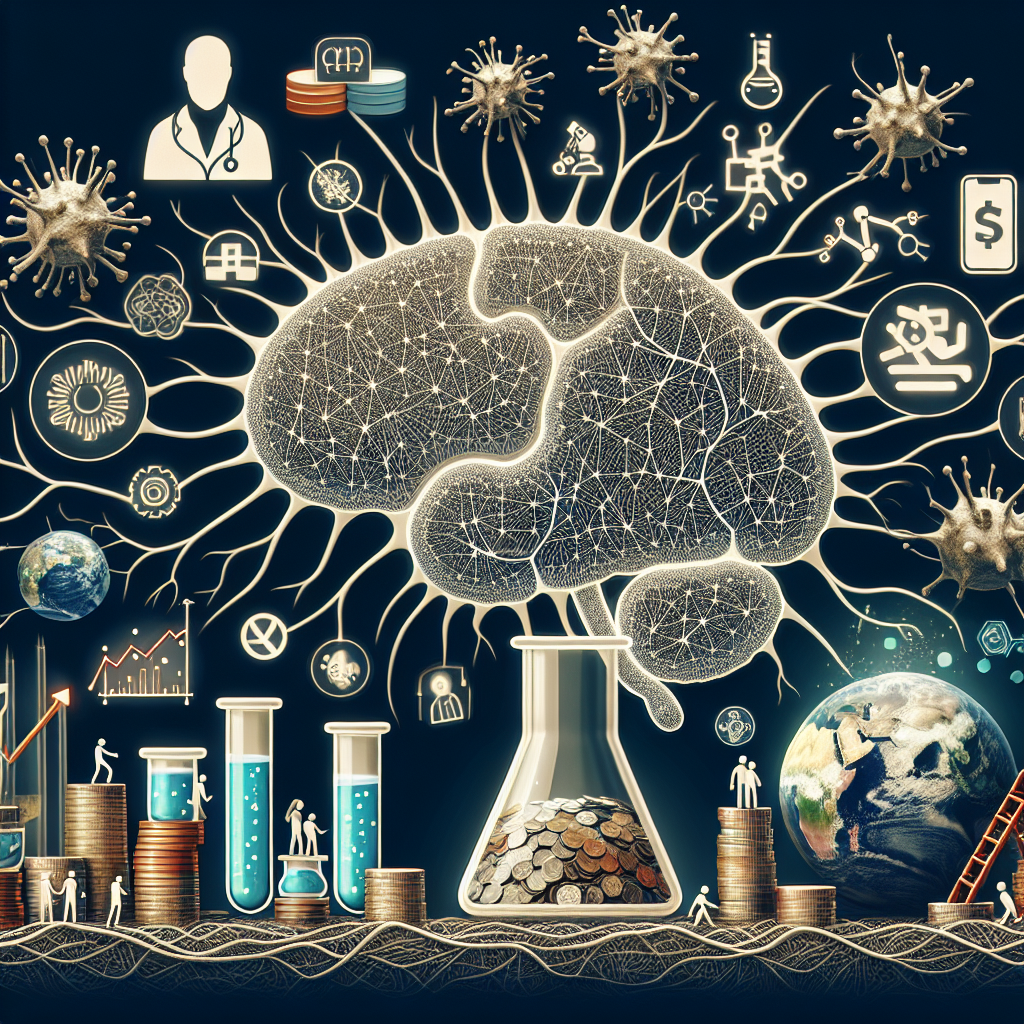Artificial General Intelligence (AGI) has long been hailed as the potential solution to humanity’s greatest challenges. With the ability to think and learn like a human, AGI has the potential to revolutionize industries, improve efficiency, and solve complex problems that have plagued mankind for centuries. But can AGI really live up to these expectations? In this article, we will explore the potential of AGI to solve humanity’s greatest challenges and discuss the implications of this technology on society.
AGI, also known as strong AI, is the hypothetical ability of a machine to perform any intellectual task that a human can do. This includes tasks such as reasoning, learning, problem-solving, and understanding natural language. While current AI technologies are capable of performing specific tasks with high levels of accuracy, they lack the general intelligence and adaptability of a human mind.
One of the key arguments in favor of AGI is its potential to solve some of the most pressing challenges facing humanity today. From climate change and poverty to healthcare and education, AGI has the potential to revolutionize how we approach these issues and find innovative solutions. By leveraging its ability to process vast amounts of data and learn from experience, AGI could help us tackle these challenges in ways that were previously unimaginable.
For example, AGI could revolutionize healthcare by analyzing patient data to identify patterns and trends that could lead to new treatments and cures for diseases. It could also help optimize supply chains to ensure that medical supplies are delivered to where they are needed most efficiently. In the field of education, AGI could personalize learning experiences for students based on their individual strengths and weaknesses, leading to better outcomes for all.
Another area where AGI could have a significant impact is in addressing climate change. By analyzing complex climate models and simulations, AGI could help us develop more accurate predictions of future climate trends and identify the most effective strategies for reducing carbon emissions. AGI could also help optimize energy grids to ensure that renewable energy sources are used most efficiently.
Despite the potential benefits of AGI, there are also concerns about its impact on society. One of the main concerns is the potential for AGI to outperform humans in almost every task, leading to widespread job displacement and economic disruption. While AGI has the potential to create new jobs and industries, the transition to a society dominated by AI could be challenging for many people.
There are also concerns about the ethical implications of AGI, particularly in terms of control and accountability. As AGI becomes more advanced, questions arise about who should be responsible for its actions and decisions. There is also the risk of AGI being used for malicious purposes, such as autonomous weapons or surveillance systems.
Despite these concerns, many experts believe that the potential benefits of AGI outweigh the risks. By leveraging the power of AGI, we have the opportunity to address some of the most pressing challenges facing humanity and create a better future for all.
FAQs
Q: What is the difference between AGI and narrow AI?
A: Narrow AI, also known as weak AI, is designed to perform specific tasks with high levels of accuracy. Examples of narrow AI include voice assistants like Siri and Alexa, as well as self-driving cars. AGI, on the other hand, is the hypothetical ability of a machine to perform any intellectual task that a human can do.
Q: How close are we to achieving AGI?
A: While significant progress has been made in the field of AI, true AGI remains a distant goal. Many experts believe that AGI could be achieved within the next few decades, while others are more cautious in their predictions. The development of AGI will require advances in fields such as machine learning, natural language processing, and robotics.
Q: What are the potential risks of AGI?
A: One of the main risks of AGI is the potential for job displacement and economic disruption. AGI could also be used for malicious purposes, such as autonomous weapons or surveillance systems. There are also concerns about the ethical implications of AGI, particularly in terms of control and accountability.
Q: How can we ensure that AGI is developed responsibly?
A: To ensure that AGI is developed responsibly, it is essential to establish clear ethical guidelines and regulations. This includes ensuring transparency in AI systems, as well as promoting diversity and inclusivity in the development process. It is also important to involve experts from a wide range of fields, including ethics, law, and sociology, in the development of AGI.
In conclusion, AGI has the potential to solve humanity’s greatest challenges and revolutionize how we approach complex problems. While there are concerns about the impact of AGI on society, the potential benefits far outweigh the risks. By approaching the development of AGI responsibly and ethically, we have the opportunity to create a better future for all.

